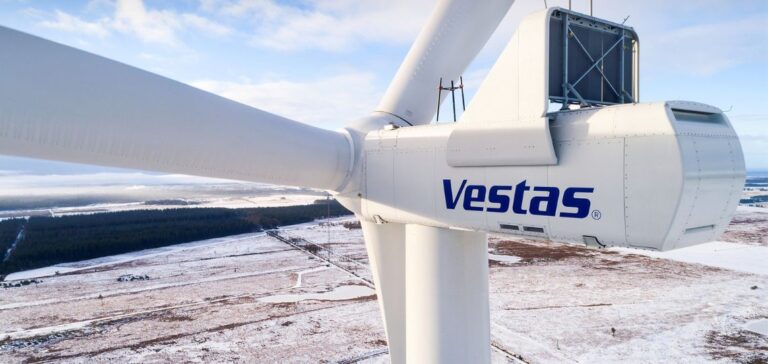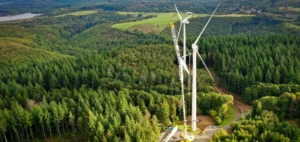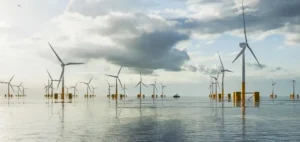Finnish state-owned Fortum has initiated arbitration proceedings against Danish wind turbine manufacturer Vestas over advance payments made for more than 50 wind turbines for Russian projects. These payments were later cancelled due to sanctions.
Vestas refuses to reimburse advance payments and other project costs
The company claims that Vestas has failed to meet its contractual obligations and has refused to refund advance payments and other project costs. Fortum was already seeking more than 200 million euros ($218 million) in compensation from Vestas after sanctions prevented the latter from delivering, installing and servicing wind turbines at four wind power plants owned by Fortum’s Russian subsidiary, WEDF.
Vestas, meanwhile, cites “sanctions-specific” clauses in its contracts with WEDF, which give each party the right to terminate contracts when Western countries imposed sanctions on Russia following its invasion of Ukraine in 2022. Vestas claims that the clauses explicitly included the sanctions against Russia and that the company had already manufactured some of the wind turbine components “worth far more than the advance payments it had received” at the time the EU imposed the sanctions. The Danish company added that it would defend itself “vigorously” against what it described as a “baseless arbitration procedure”.
The parties enter into an arbitration procedure to settle their contractual dispute
After months of unsuccessful discussions with Vestas, Fortum says it “had no choice” but to take the dispute to an arbitration tribunal at the International Chamber of Commerce in Stockholm. Fortum’s general counsel, Nora Steiner-Forsberg, said she was confused as to why their longtime business partner, Vestas, would suddenly question their compliance with EU sanctions in this case.
This dispute between Fortum and Vestas highlights the risks associated with operating in a constantly changing global environment. In this case, both parties appear to have assumed risks that ultimately led to the arbitration process. The outcome of the proceedings will be closely watched by the industry, as it could set a precedent for future litigation arising from sanctions or other political upheaval.






















